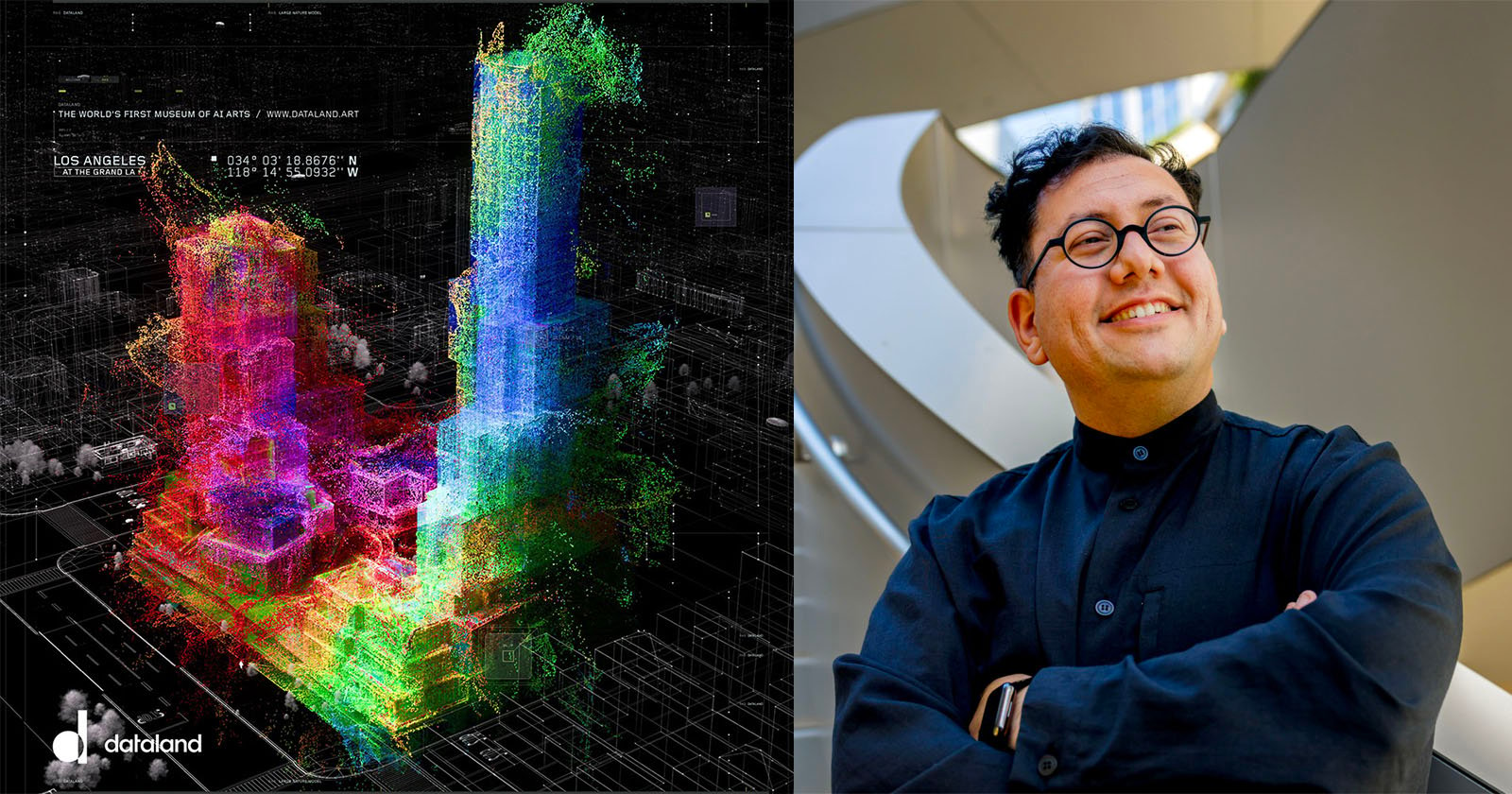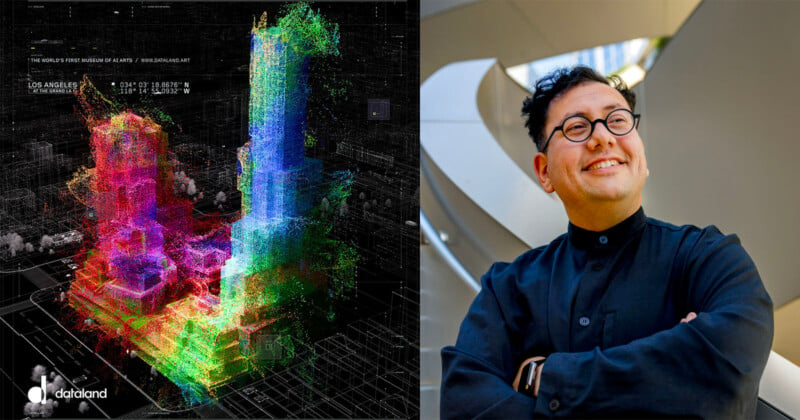
[ad_1]

The world’s first museum of AI arts will open at The Grand in Downtown Los Angeles, California next year. The museum, called Dataland, is being spearheaded by Refik Anadol whom the Los Angeles Times characterizes as a “leader of AI-generated art.”
The privately funded 20,000-square-foot museum will collect and preserve artwork generated by artificial intelligence. Anadol says it won’t be like any other museum describing it as a “living museum” made of pixels and voxels.
Turkish-American new media artist Anadol has previously had his work displayed at the Museum of Moden Art (MoMA) in New York and, most recently, at the United Nations headquarters. His artwork Unsupervised — which was acquired by MoMA for its permanent collection — is a “constantly morphing abstraction” being generated in real-time using MoMA’s collection of tens of thousands of pictures as its data set.
A post shared by Refik Anadol (@refikanadol)
Anadol has made a point of using ethical data sets that draw upon the collections of the Smithsonian, London’s Natural History Museum, and the Cornell Lab of Ornithology. He was granted permission for all of the data he uses for his AI model which he calls the “Large Nature Model.” The model is run on Google servers in Oregon that only use renewable energy.
The museum will be a test to see if AI art can be taken seriously. The building the museum will be housed in is among some of L.A.’s most prominent high-culture venues like the Museum of Contemporary Art. Critics have previously derided Anadol’s work as “over-hyped and mediocre” but as can be seen from the video below, his work has the power to draw huge crowds.
Anadol says AI is not a tool but beyond a tool. “Literally, in human history, we have never had intelligence as a technology,” he tells The Guardian. “I don’t believe machines should be the only creators. It’s a horrible future if you just let the machines do creative work.”
He says that artists should build their own AI tools and that using a model that somebody else has built isn’t good enough.
“I collect my own data, train my own model,” he says. “I am literally co-creating with the machine in every single step.”
[ad_2]